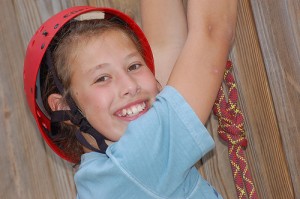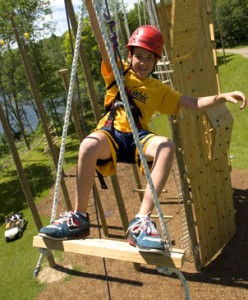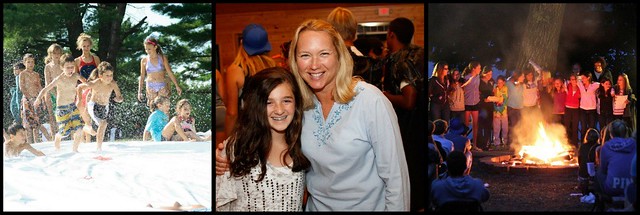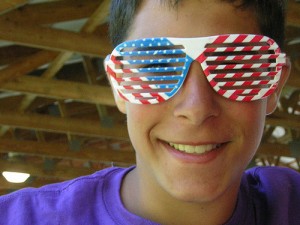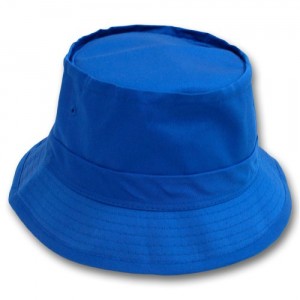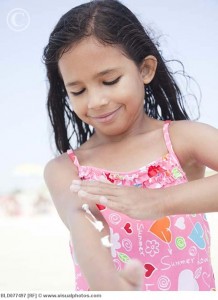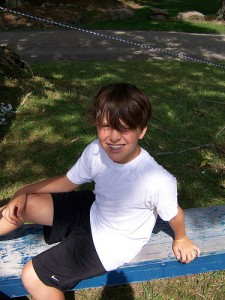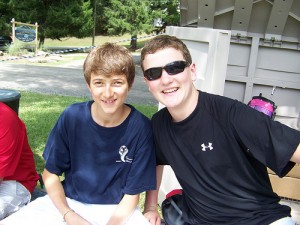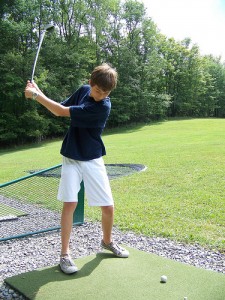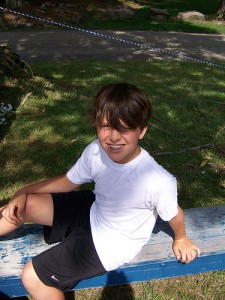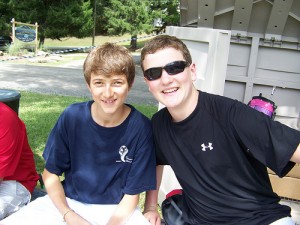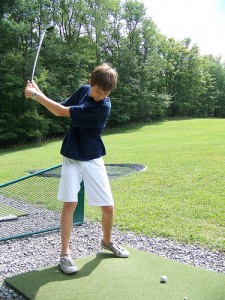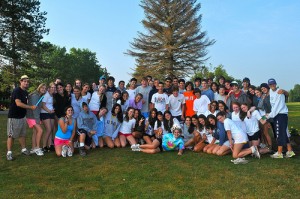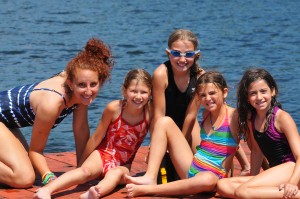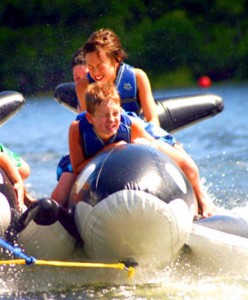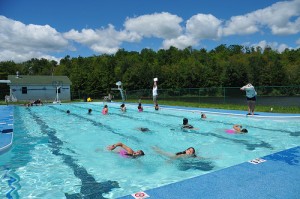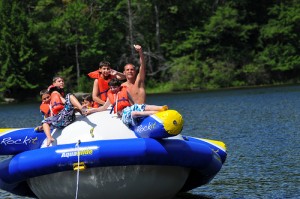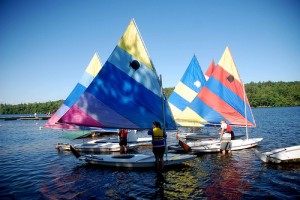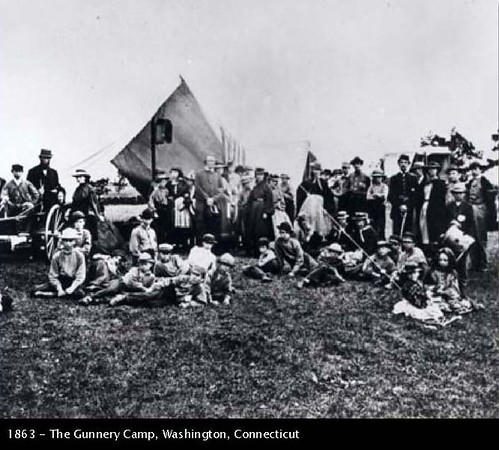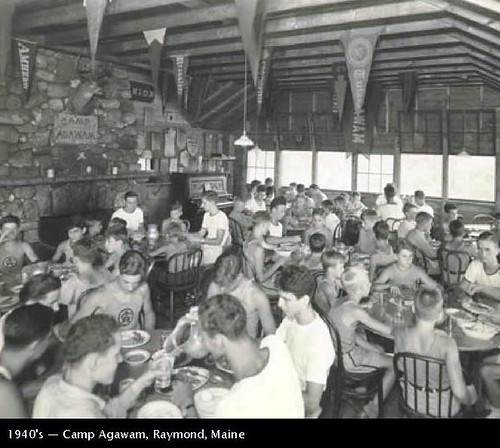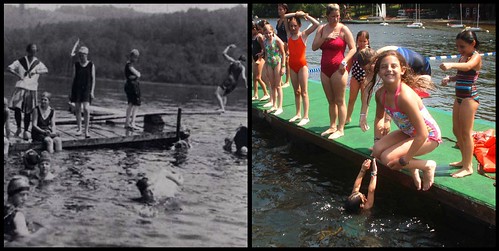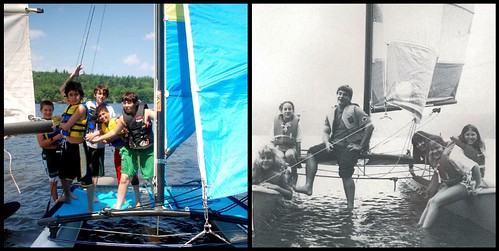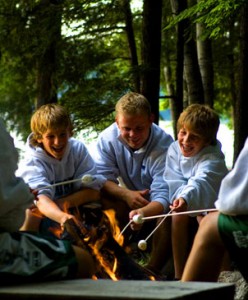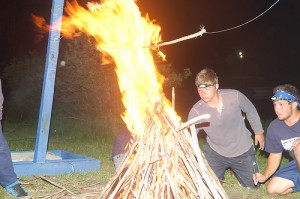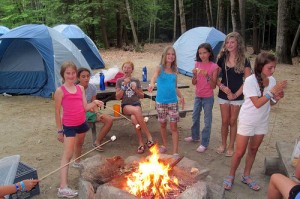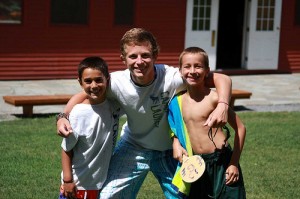 So you’ve gotten a great job at a summer camp and are wondering what to do while you impatiently wait for June to get here…
So you’ve gotten a great job at a summer camp and are wondering what to do while you impatiently wait for June to get here…
First things first. You found this blog, so we’re assuming you want to know as much as you can before you leave. You’ve come to the right place! We’ve got a few suggestions for you…Actually, a lot. In fact, since we understand that you’ve come to this site to read a blog, not War and Peace, we’re going to have to divide this into a few different parts. But we figure that’s okay because they do it with movies all of the time, right? So without any further delay…
Have you started checking out your camp’s blog as well as this one? Many camps now maintain regular blogs and they frequently post blogs (like this one) intended specifically for staff members.
Check out the camp’s website, if you haven’t about a thousand times already. Even if you visit the website everyday and spend hours staring dreamily at the photos as you imagine images of you having the perfect summer showing up on the site this time next year, dig a little deeper. A camp’s website can also tell you a lot about the very special world that you will be part of this summer. Many camps have FAQ pages for staff members or special staff areas. They give you ideas about what to bring and what to leave at home. Some post sample daily schedules, which are a great way to familiarize yourself with how you will be spending your days. If there are videos on the site (or if the camp sent you one), watch them. Not only will you be ready to leave the same day, but it’s a great way to get to know the camp.
If the camp has Facebook or Twitter pages, join them. They’re another way to keep up to date on what’s happening and, as summer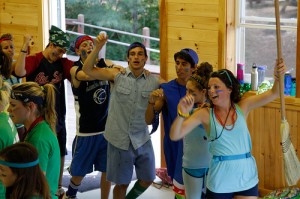 inches closer, the anticipation that builds is infectious. Many camps also post helpful information or instructions for staff members as summer nears. Facebook and Twitter are great ways to connect with other staff members before you get to camp. Not to worry, though. You’ll make PLENTY of new friends during your Orientation, even if you show up knowing no one!
inches closer, the anticipation that builds is infectious. Many camps also post helpful information or instructions for staff members as summer nears. Facebook and Twitter are great ways to connect with other staff members before you get to camp. Not to worry, though. You’ll make PLENTY of new friends during your Orientation, even if you show up knowing no one!
Prepare to work hard. We won’t lie. Camp is one of the hardest jobs you’ll ever have. It’s also one that you’ll probably love the most. Every second of every day, SOMETHING is happening at camp. It’s all a lot to take in at first, but the chances of you making it through the last day at camp without shedding a single tear and hugging hundreds of people are pretty much nil-to-none. And you’ll probably be making plans to come back next summer before this one’s even over.
Well, like we said, we’re well aware that if you were looking for a novel, you’d be downloading the latest best seller for you Kindle right now. So we’ll call it a day for this blog. Be sure to tune in next time for advice about what to pack (and not) and some tips for orientation.

 570-798-9831
570-798-9831
